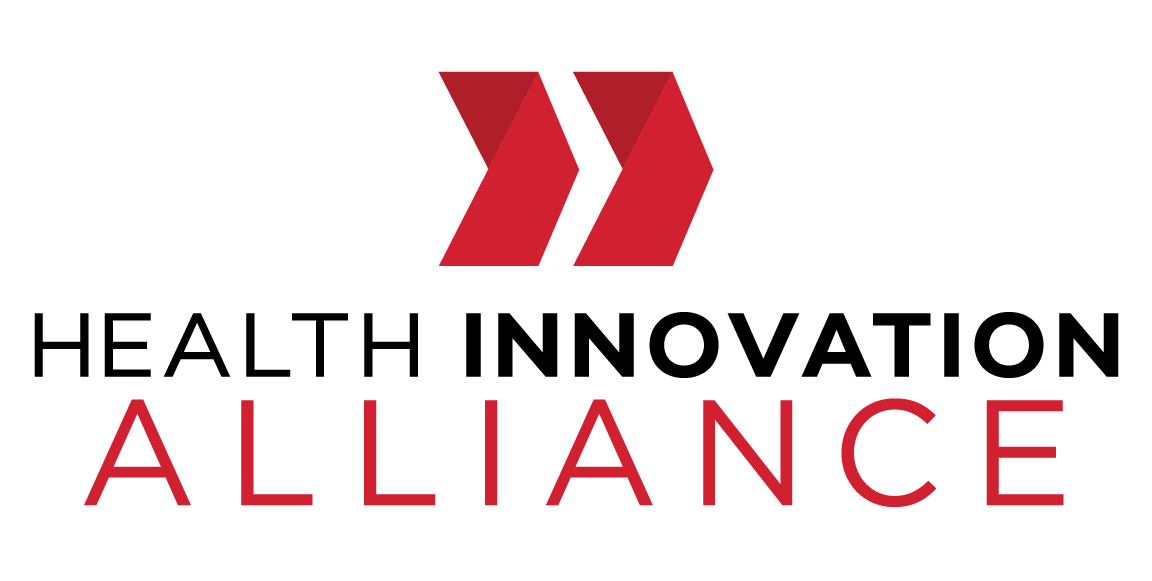For Immediate Release:
Contact: Kelly Broadway, 202-808-8853
kbroadway@health-innovation.org
The CDC Has Failed Americans
COVID tracking system does not work despite investment of billions of dollars
Washington, D.C. – The Health Innovation Alliance (HIA) issued the following statement ahead of today’s United States Senate Committee on Health, Education, Labor and Pensions hearing titled “An Update on the Ongoing Federal Response to COVID-19: Current Status and Future Planning.”
“Congress spent billions of dollars upgrading the CDC’s COVID tracking systems, and the CDC has nothing to show for it. There is zero transparency into what the CDC is doing, with the Government Accountability Office finding there are few controls or metrics in place to ensure taxpayers get a system that works to track infections, hospitalizations, and where supplies and vaccines are needed. This is more shocking considering the law requiring a modern CDC data system was enacted more than 15 years ago,” said Joel White, Executive Director, Health Innovation Alliance. “Congressional oversight has been unsuccessful in shaming CDC leadership into progress. Congress should take control and move surveillance out of the CDC to an independent data agency. The CDC has failed to do its job and should be relieved of its duties.”
